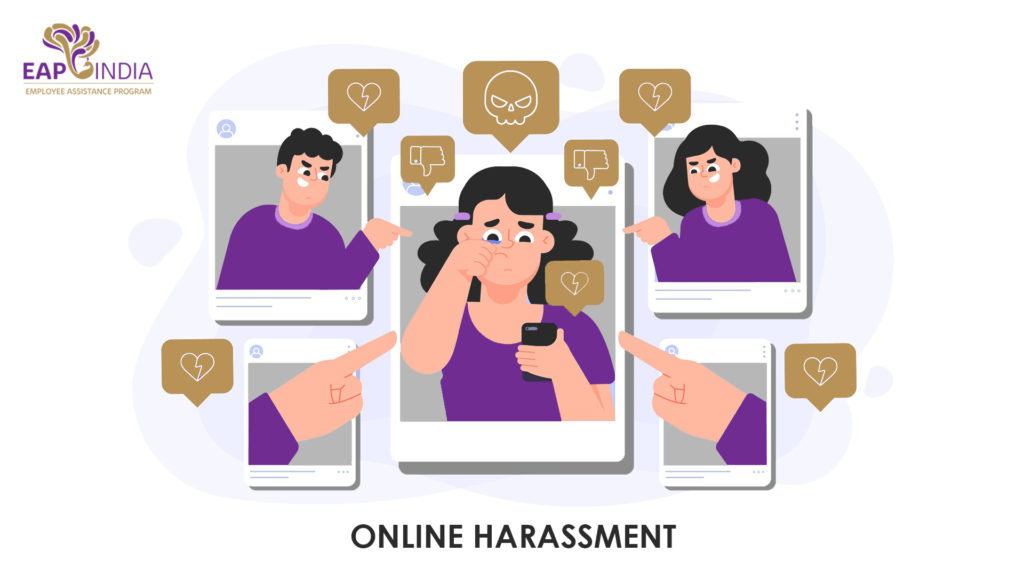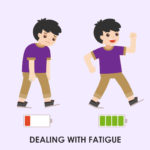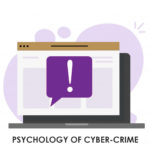What Is Online Harassment?
Under the IT Act, 2000, Online Harassment is used as an umbrella term to describe the use of the internet to harass, threaten or maliciously embarrass another party.
It can be in the form of verbal, sexual, emotional, or social abuse aimed at a person, a group of people, or even an organization.
Online harassment not only violates a person’s right to live free from violence and to participate online but also undermines their democratic exercises & good governance.
Types Of Online Harassment
There are 6 common types of online harassment.
- Cyberstalking
- Catfishing
- Online Impersonation
- Doxing
- Trolling
- Pornography
Impact On The Individuals After Online Harassment
Online harassment is a serious & a potentially life-threatening issue with real repercussions to the victims and their personal and private life.
The impact of online harassment can be:
- Online harassment may threaten someone’s physical integrity or could encourage others to carry out a physical attack.
- Online harassment can sometimes have a silencing effect on the victims and sometimes on their families & friends, majorly to women and younger girls.
- Sometimes, upon receiving too much online hatred, the victims are forced to abandon their social media profiles.
- Whenever there is online abuse, the victims are being prevented from sharing their opinions, thoughts, and sometimes even accessing relevant information, or expressing their views.
It has been found that women who were harassed online were more than twice likely to report it to the police than men.
People who have dealt with online abuse may feel anxious and stressed when they may have to do their routine activities too. This can cause serious distress to the victims:
- Low self-esteem
- Depression
- Suicidal thoughts
- Suicidal attempt
- Poor performance in school
For young adults, cyber-bullying can lead to self-harm, isolation and suicidal thoughts and ideation. It also makes a person fearful of their lives, if received persistent harassment.
For the youth, the effects of cyber-bullying are higher than adolescents and adults. Youth are more likely to suffer since they are growing mentally & physically. Research has found that kids who are bullied are likely to experience anxiety, depression, loneliness, unhappiness & have poor sleep patterns.
Negative effects may worsen if the harassment continues, and the victims of online harassment may often find it difficult to reach out for help.
When our sense of emotional safety in the world is compromised, so too is our psychological health.
Conclusion
Online harassment is increasing since the world is getting digital. The blame solely lies with the harassers, no matter what they say about “being provoked”. Online harassment is a crime and it deserves to be treated & dealt with as we would with any other crimes.
Friends and family can always offer support when you are being harassed online. Talking to them may help more than absolutely keeping the situation to yourself and causing distress.
Practicing good self-care at the moment can sometimes help you cope. Self-care includes taking care of your emotional health, a therapist can help in that. They are compassionate and supportive, understanding in a safe space. Often, they will have suggestions on how to deal with harassment.




